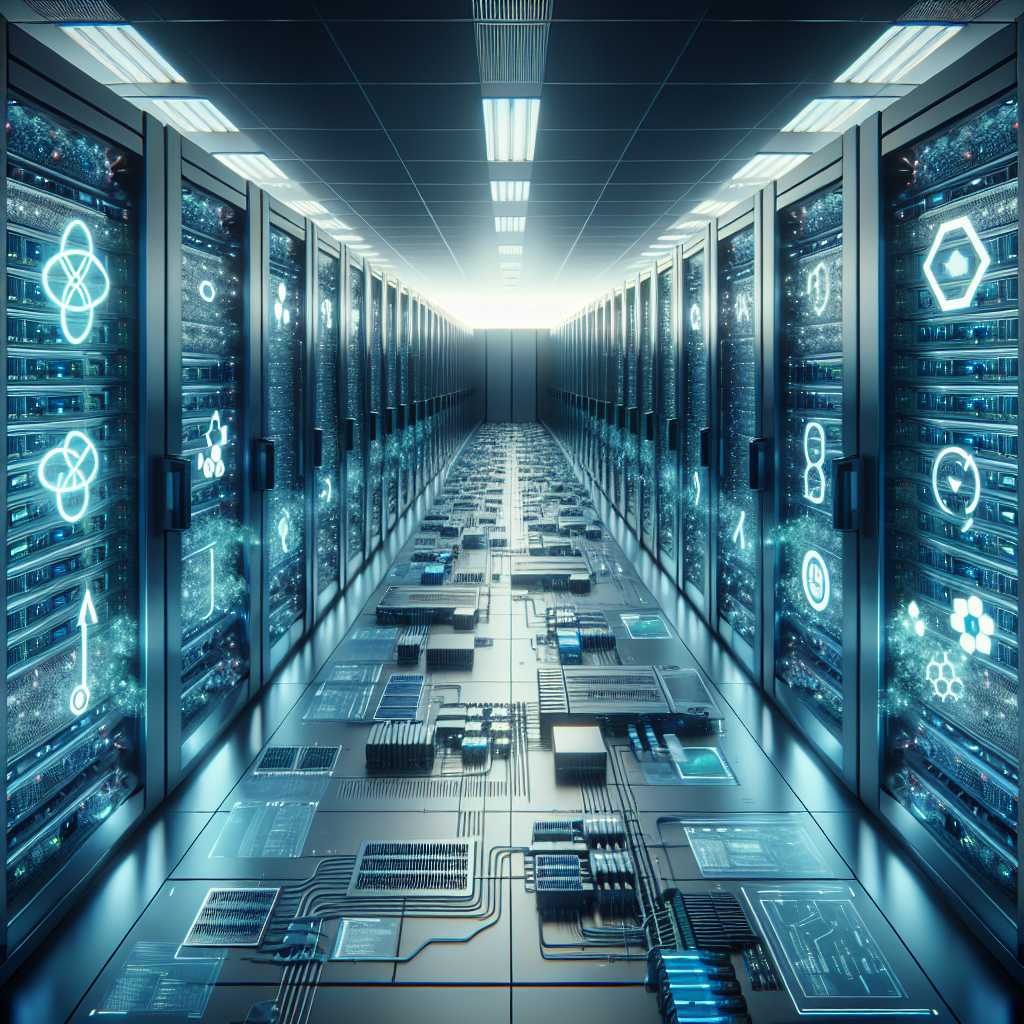High Performance Computing (HPC) has long been at the forefront of technological advancements, enabling complex simulations, data analysis, and problem-solving at unprecedented speeds. As we look towards the future, several trends and innovations are shaping the evolution of HPC and pushing the boundaries of what is possible.
One of the key trends in HPC is the increasing use of artificial intelligence (AI) and machine learning (ML) algorithms. These technologies are being integrated into HPC systems to enhance performance, optimize workflows, and enable new capabilities. AI and ML are being used to automate tasks, improve predictive modeling, and accelerate data analysis, leading to more efficient and effective HPC solutions.
Another trend in HPC is the rise of quantum computing. Quantum computers have the potential to revolutionize HPC by leveraging the principles of quantum mechanics to perform calculations at speeds far beyond what is possible with traditional computers. While still in the early stages of development, quantum computing holds the promise of solving complex problems that are currently beyond the capabilities of even the most powerful supercomputers.
In addition to AI, ML, and quantum computing, other innovations in HPC are also driving progress in the field. One such innovation is the use of accelerators, such as graphics processing units (GPUs) and field-programmable gate arrays (FPGAs), to enhance the performance of HPC systems. These accelerators are being integrated into HPC architectures to offload compute-intensive tasks and improve overall system efficiency.
Furthermore, advancements in networking technologies, storage solutions, and software development are also contributing to the evolution of HPC. Faster interconnects, high-capacity storage devices, and optimized algorithms are enabling HPC systems to process and analyze vast amounts of data more quickly and effectively than ever before.
As we look towards the future of HPC, it is clear that continued innovation and collaboration will be key to unlocking new possibilities and driving progress in the field. By leveraging emerging technologies, such as AI, quantum computing, accelerators, and advanced networking solutions, HPC will continue to push the boundaries of what is possible and enable groundbreaking discoveries in science, engineering, and beyond. The future of HPC is bright, and the possibilities are endless.

Leave a Reply
You must be logged in to post a comment.